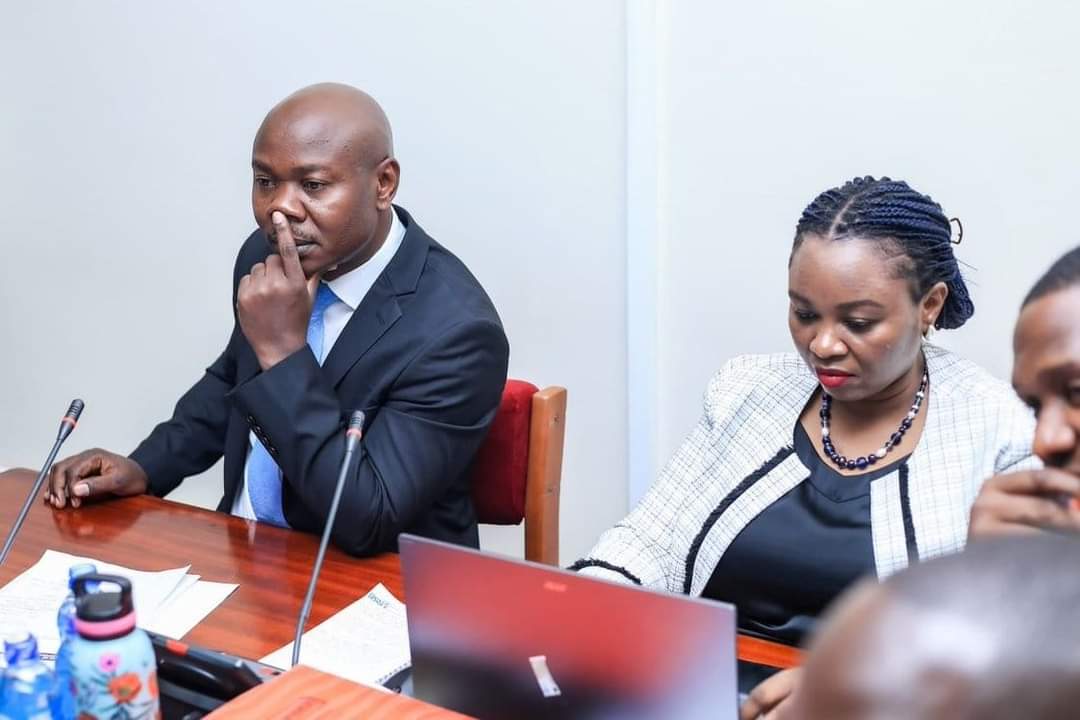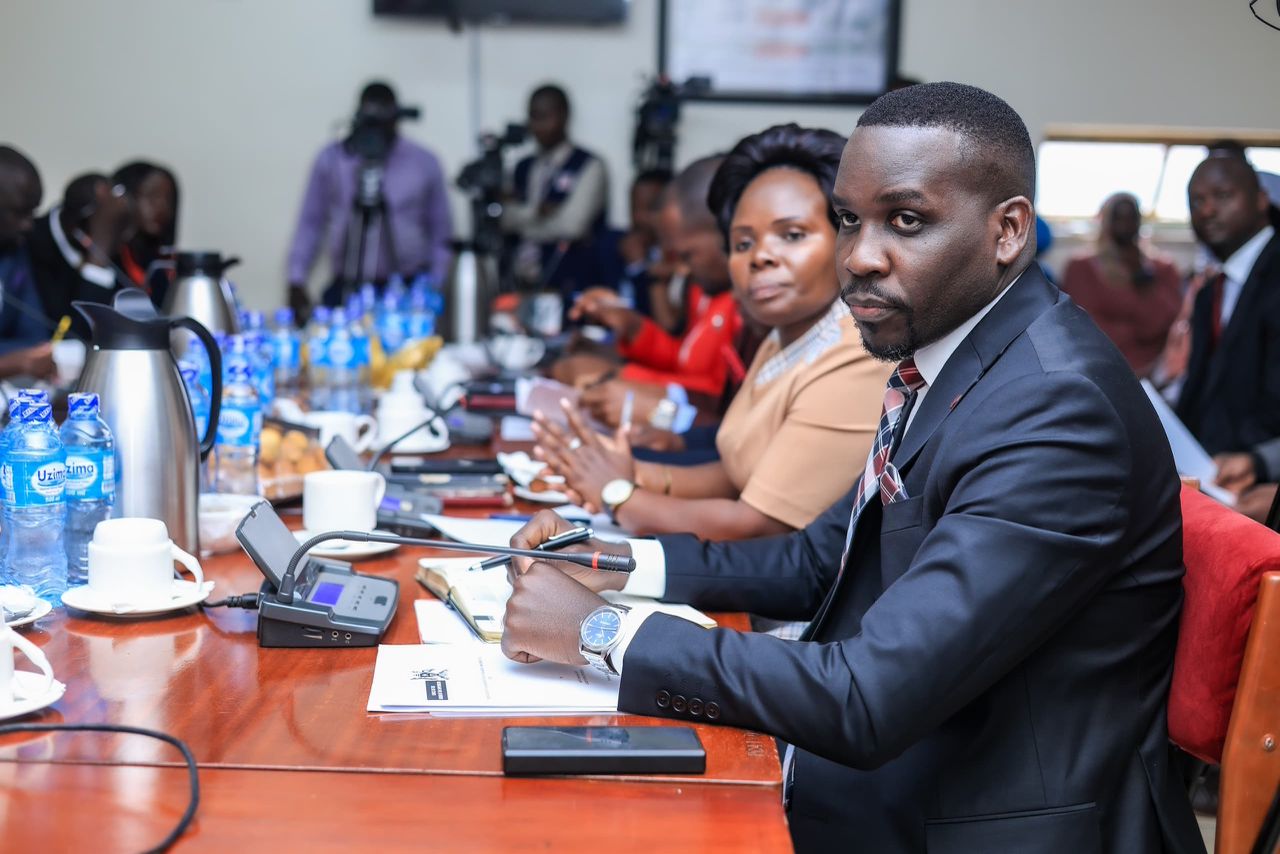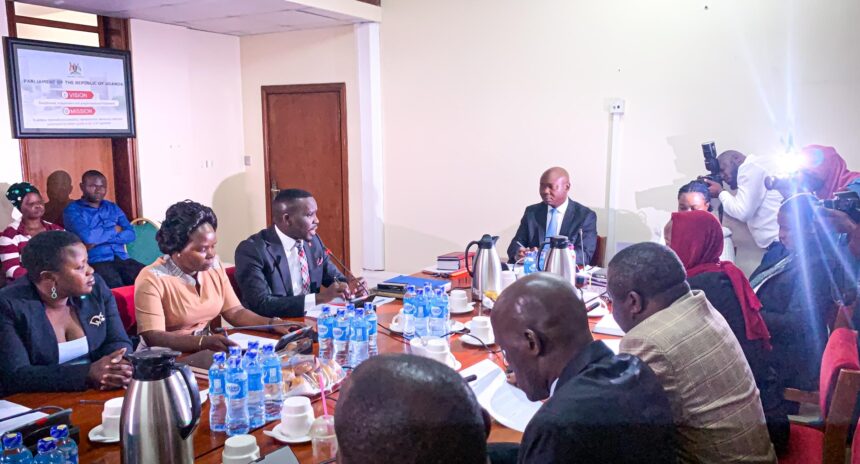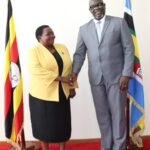A storm is brewing in Parliament over the “supersonic speed” at which the Legal & Parliamentary Affairs Committee is handling the Administration of Parliament Amendment Bill, 2024, commonly referred to as the “Lumu Bill.”
Hon Stephen Baka, Chairperson of the Committee, has defended the swift process, stating that the Bill’s smaller size, with fewer clauses, allowed it to be prioritized over other pending matters. However, this decision has sparked significant backlash from the opposition, led by Joel Ssenyonyi, the Leader of the Opposition.

Ssenyonyi revealed that he was caught off guard by the urgency with which the Bill is being pushed through Parliament. Just one day after Richard Lumu, MP for Mityana South, tabled the Bill on October 1, 2024, Ssenyonyi was summoned by the Committee to provide input. The Bill proposes the election of opposition leadership in Parliament by members, a move that Ssenyonyi warns could lead to serious divisions within opposition ranks.
“The election of opposition leaders by members of Parliament would make us prone to fragmentation,” Ssenyonyi argued. “When opposition members are forced to compete for leadership positions, it creates internal rifts, weakening our ability to present a united front against the ruling government.”
Ssenyonyi emphasized that the opposition’s strength lies in unity, and fragmenting their leadership would hamper their ability to hold the government accountable. He questioned the motivations behind the Bill, suggesting that it targets him specifically, though he made it clear that the issue is larger than any individual.

“Tomorrow, it may not be me in this office, but whoever holds this position should not be emasculated by unnecessary changes,” Ssenyonyi said, addressing Lumu’s claim that the Bill is for the good of the opposition. “So far, all opposition parties have rejected this amendment, so I ask, which opposition is the mover of the Bill referring to?”
As tensions rise over the Bill’s implications, the opposition remains wary of what they view as a potential power grab, while Baka maintains that the Committee’s rapid handling of the legislation was merely procedural, not political. The coming days will determine whether the Lumu Bill will gain momentum or deepen divisions within Uganda’s political landscape.







